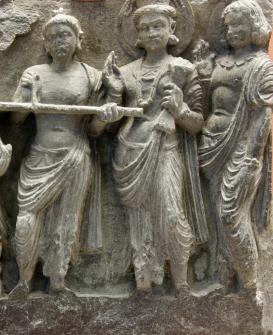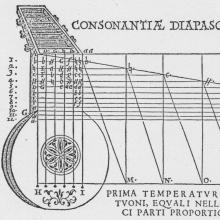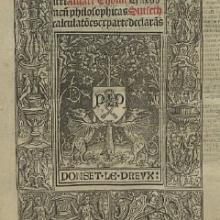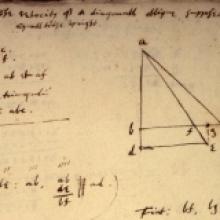The history of mechanics is a paradigmatic field of historical and epistemological inquiry into the entanglement of theory and practice, science and society. Our investigation of the longue-durée evolution of mechanical knowledge from antiquity up to the early modern period aims to demonstrate the continuity of basic cognitive models, their rearrangement, and their transformation in connection with material and intellectual processes of knowledge codification, transfer, circulation, institutionalization, and transformation. The project "Long-term Evolution of Mechanical Knowledge" considers three conceptual frameworks: (a) The Globalization of Mechanics since Antiquity; (b) The Epistemological Maze of Preclassical Mechanics; (c) The Social and Cognitive Matrix of Modern Mechanics. The first framework concerns the global dimension of practical knowledge and materiality since antiquity. Such knowledge and materiality constitute a broad experiential basis upon which theoretical knowledge could be firmly established, as is testified by the case of ancient weighing and hydraulic techniques. The second framework is developed on the premise that mechanical knowledge was always an integral part of complex cultural systems. This is evidenced by the various forms of its epistemological embedding in ancient and modern philosophical traditions, as well as its alliances with disciplinary fields as various as medicine and music. The third framework shows that the complexity of the social and cognitive structuring of mechanics can be best evidenced in times of major cultural shifts, most prominently, during the passage from the economical-political context of Renaissance Europe to the age of capital and industry.
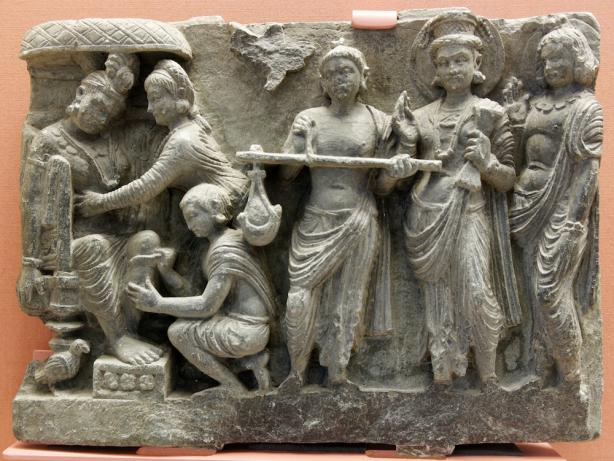
Greco buddhist bas relief from the ancient region of Gandhara (today border region between Afghanistan and Pakistan) from the 2nd to the 3rd Century showing a scene from one of Buddhas former lives as king Sibi (British Museum, Inv. Nr. 1912,1221.1). In the center flesh cut from the kings leg is weighed with a balance which is obviously a bismar. © Trustees of the British Museum.
Mechanical knowledge is characterized by the continuity of its tradition from antiquity until the turn of the seventeenth to the eighteenth century when pre-classical mechanics prepared the background against which modern physics emerged and fundamental categories, concepts, and views changed, disappeared, and were replaced with new ones. Research is pursued in reference to ancient, medieval, and pre-classical mechanics, up to the scientific work of Isaac Newton. Further research endeavors explore the emergence from the eighteenth to the nineteenth century of the concept of “useful sciences” in relation to technological innovations. The overall objective of the project is to show the fundamental influence of social conditions and material culture on the large-scale structures of scientific development.

